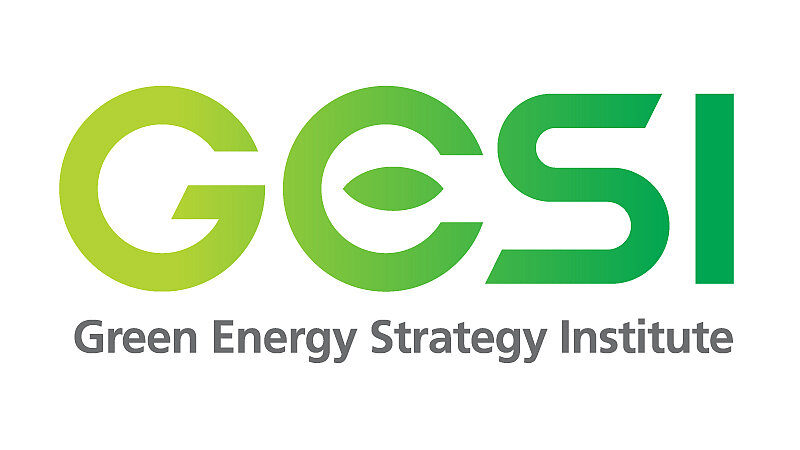- Publisher
- Green Energy Strategy Institute (GESI), Institute for Green Transformation, NEXT Group
- Authors
- Dr. Kwanghee Yeom (Agora Energiewende), Dimitri Pescia (Agora Energiewende) Dr. Yonghyun Song (NEXT Group), Saerok Jeong (NEXT Group), Rachel Eun Ko (NEXT Group) Hyodong Moon (GESI), Hyunji Im (GESI) Kun Woo Ro (IGT), Jungpil Lee (IGT)
- Publication date
-
10 May 2023
- Pages
- 25
- Project
- This publication was produced within the framework of the project An ambitious net-zero roadmap for South Korea.
K-Map: From vision to implementation
Measures to increase Korea's interim 2030 climate target and accelerate the transformation of its economy
Preface
Climate change causes tremendous damage to human lives and property. Large-scale wildfires, heavy rains, and extreme weather events are becoming more frequent worldwide and in South Korea (hereinafter Korea). For instance, in August 2022, three days of heavy rains in Seoul caused 14 deaths, displaced 1,500 people, and caused property damage and losses worth more than 50 million euros.
To tackle the climate crisis, advanced economies such as the European Union and the United States have been strengthening their climate commitments and policies. Despite the adoption of a 2050 net-zero commitment, Korea – the 10th largest economy worldwide, and 9th largest emitter – is falling behind when it comes to the ambition of its interim 2030 reduction target (NDC). The introduction of new climate and trade regimes, like the Carbon Border Adjustment Mechanism (CBAM), could significantly affect Korean industry, which relies heavily on export and is responsible for more than 35% of the GDP. These international developments should incentivize the Korean economy to decarbonize more rapidly, in order to preserve its international competitiveness. Put differently, reducing greenhouse gas (GHG) emissions is a prerequisite for sustainable economic growth and for the prosperity and well-being of the Korean population.
The Korean government aims to abate at least 200 million tons of greenhouse gas emissions by 2030 (compared to 2018 levels). While Korean emissions dropped significantly in 2020 due to the COVID- 19 pandemic, they increased again in 2021 by an estimated 3.5%. If Korea continues to rely on fossil fuels and does not fundamentally change its energy economy, we can expect these GHG emissions to increase even further as part of the post-pandemic recovery. In other words, to achieve its 2050 carbon neutrality goals, Korea will need to decouple economic growth from GHG emissions.
To address this challenge, the Korean government should devote additional energy to enhancing its climate ambition. In 2022, three leading Korean think tanks – the Green Energy Strategy Institute, Institute for Green Transformation and Next Group – in cooperation with Agora Energiewende, presented an ambitious decarbonization roadmap for Korea – the K-Map Scenario. Elaborating on that work, this study1 spotlights concrete policies Korea can adopt to accelerate decarbonization in all socio-economic sectors. It also shows the budgetary commitments needed during the current presidency up to 2027 to fulfil the transition pathway of the K-Map Scenario.


